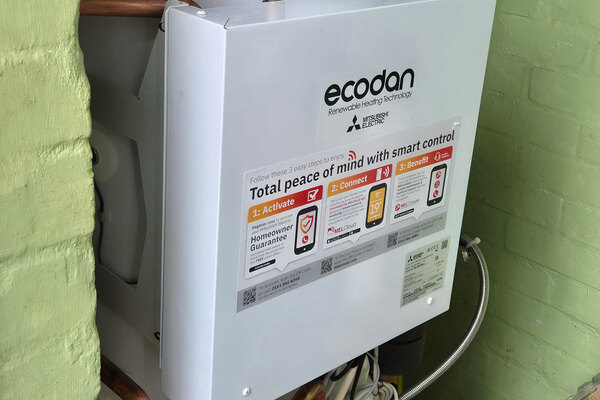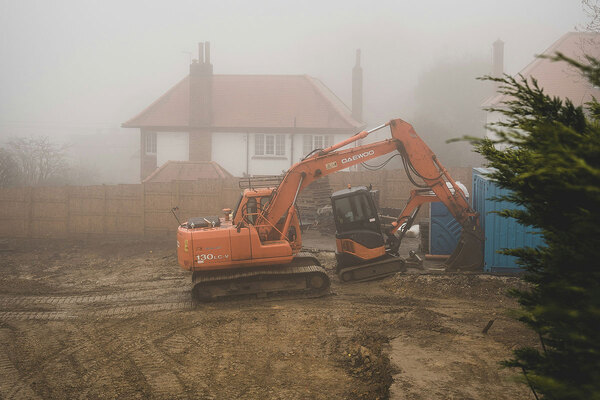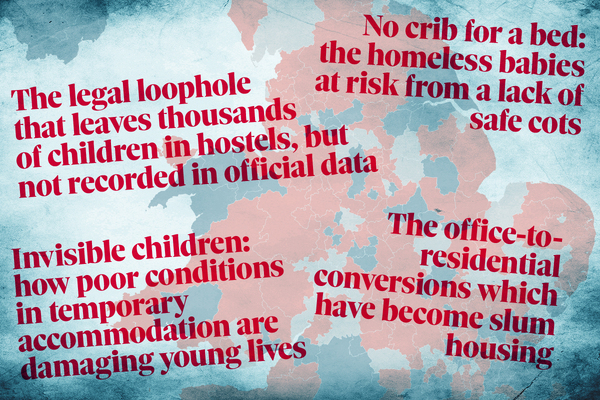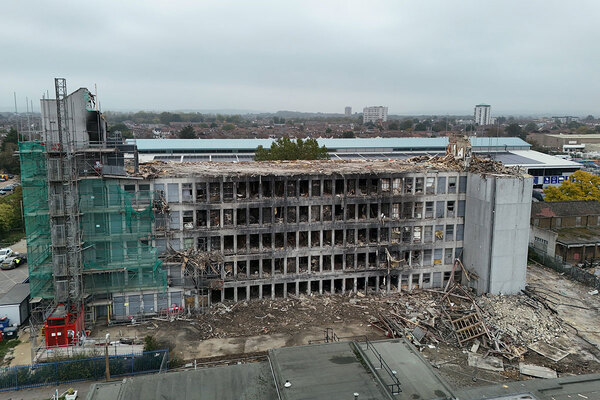You are viewing 1 of your 1 free articles
EPCs are the wrong target for social homes
To get it right, we need a new Green and Decent Homes Standard, writes Kieron Williams, leader of Southwark Council
The new government has hit the ground running with its plans to deliver more and better homes. It’s a dramatic and long-overdue step change and fantastic news for communities, councils and housing associations alike.
However, pace brings its own challenges. One is the risk of rushing ahead on the wrong path. Using Energy Performance Certificates (EPCs) as the goal for social housing would be just that.
One thing that is not in doubt is the need to upgrade our homes. Across the country, nearly 10 million households are living in energy-inefficient homes and unable to afford a decent standard of living. To hit our national 2050 net-zero goal we need to cut carbon emissions from homes at three times the rate over the next quarter century than we achieved over the last.
So how do we get this vital upgrade right? The first key to that is setting the right direction.
History tells us just how important that is. One of the last Labour government’s great achievements was its upgrade of social homes. The Decent Homes Programme renewed pride in our council estates and delivered a huge boost to the nation’s health.
However, the £37bn invested by councils, housing associations and the government could have delivered even more. Energy bills for many homes were barely changed and a proportion of the damp in social homes today is a result of poorly designed Decent Homes work.
Why did that happen? Because the programme was not set up to measure real-world impacts on bills or damp.
“EPCs are just an estimate of a home’s energy use, designed to be simple enough to work for individual homeowners. Social landlords operate at a very different scale and can and should be taking a more sophisticated approach”
Using EPCs as a headline target for social homes for the next decade would repeat that mistake. Research by the PassivHaus Trust found almost no correlation between a home’s EPC rating and actual energy use. The consumer group Which? also found EPCs to be riddled with inaccuracies and unhelpful advice.
The government’s planned reforms to EPCs are much needed and should fix many of these issues. However, even an updated EPC system would be the wrong target for social landlords. Why? Because, ultimately, EPCs are just an estimate of a home’s energy use, designed to be simple enough to work for individual homeowners. Social landlords operate at a very different scale and can and should be taking a more sophisticated approach.
Importantly, that approach needs to make homes green and decent. That includes eradicating damp. After the heart-breaking death of Awaab Ishak, no one should be in any doubt how vital freeing homes from damp is. Yet EPCs are blind to this. A home can achieve a rating of Band C or higher even if it has woeful ventilation or cold bridging in every room.
A new Green and Decent Homes standard, as set out in our recent report from over 100 councils, would set social landlords on the right path. It would build on the successes of the last Decent Homes Programme and learn the lessons from it. That means focusing on improving the real-world condition of homes – not using modelling and estimates – so we can be sure investment really does reduce bills, damp and carbon emissions.
“Landlords and tenants can now hold contractors to account not just for fitting X, Y and Z, but for actually making homes healthier and more affordable to live in”
The good news is we now have the tools to do just that. In Southwark, we are one of a growing number of landlords already taking that approach, using smart digital technology to measure the real-world impact of our home upgrades on bills, damp, thermal efficiency and carbon emissions – not in theory, but in real time, for the people living in our homes.
This leap forwards means landlords and tenants can now hold contractors to account not just for fitting X, Y and Z, but for actually making homes healthier and more affordable to live in. It is an approach that will drive innovation, too, because the industry will have to look for products that work and manufacturers will quickly have the evidence to show when their products are effective. That innovation will bring benefits for all homeowners and accelerate our national sprint to net zero.
Of course, delivery will also take money. Tenants’ rents will pay for a large share of the work, but rents will not be able to bear the full cost. Nor should they. Many of the benefits will fall to the wider society and many of the costs are a result of past national failures.
That’s why our report calls for a fully funded national Green and Decent Homes programme, so that, together, we can deliver the homes upgrade that our country so urgently needs.
Kieron Williams, leader, Southwark Council
Sign up for our asset management newsletter
Already have an account? Click here to manage your newsletters












